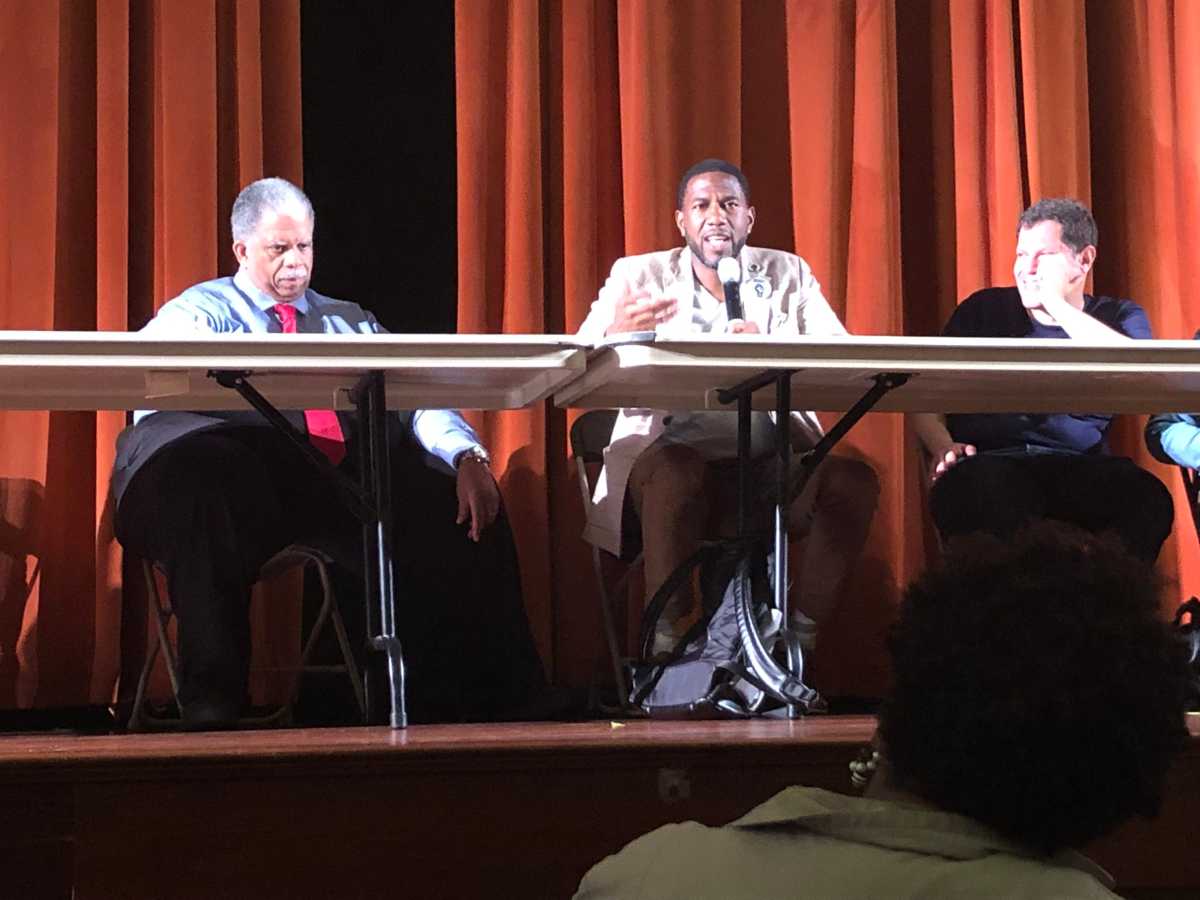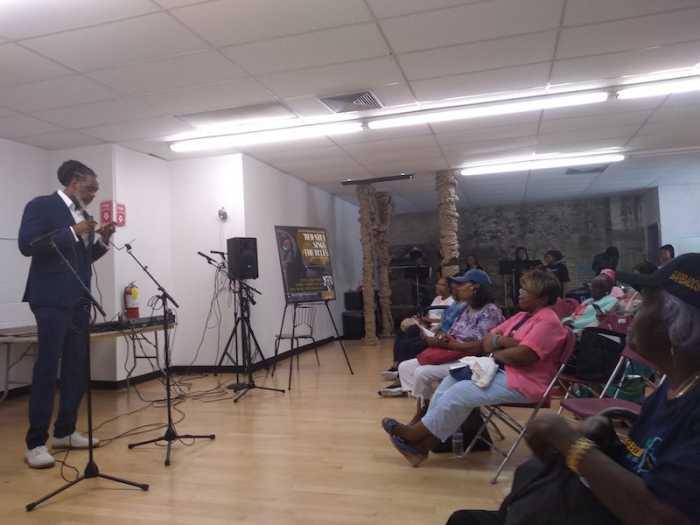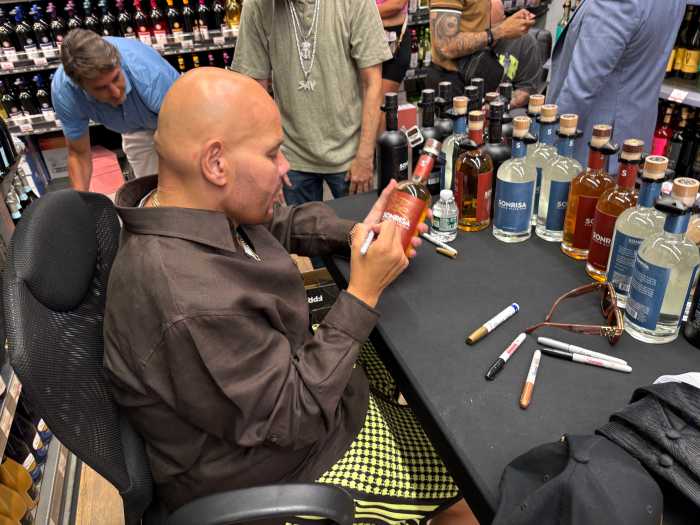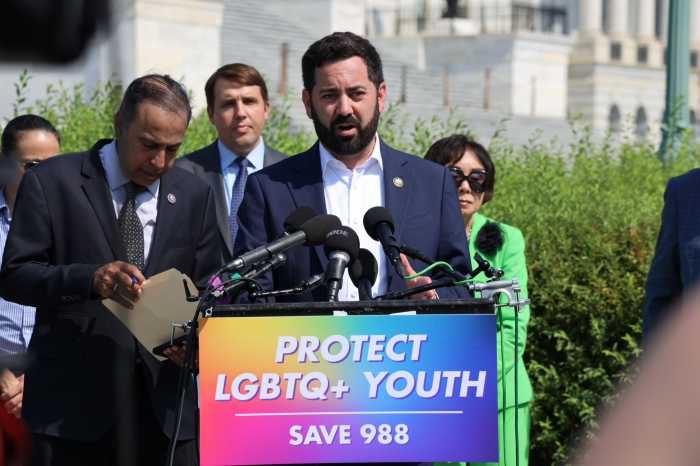As lawmakers in the state Legislature contemplate whether or not marijuana should be legal in New York for recreational purposes, Public Advocate Jumaane Williams stopped by the Jamaica Performing Arts Center last week for the Netflix screening of the Grass is Greener (2019).
The film touched on how marijuana became criminalized in the U.S. and why many marijuana legalization advocates believe its time to both decriminalize its usage and make sure that those affected by marijuana arrests get an opportunity to be a part of its booming business across the country.
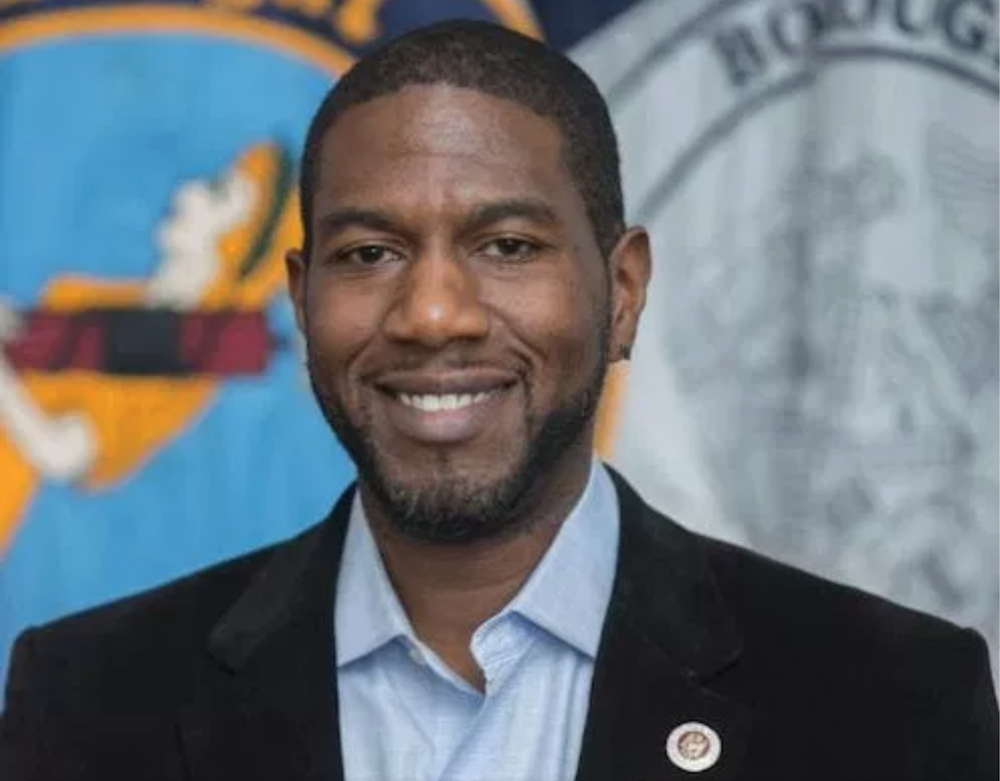
“I want to make it clear my support is definitely to legalize marijuana, but it is not to encourage anyone to use it, not to push anyone to use it, but to acknowledge it has been legal in certain communities for a long time,” said Williams. “We have a tendency to look at two different communities, one melanated one not and the same action in those communities have drastically different impacts.”
Last month, the city reported that Queens led the way in low-level marijuana arrests, which mostly targeted people of color.
The Legal Aid Society reported that 187 of it’s clients were arrested from January to April in Queens.
Citywide, 476 people were arrested from January to March for fifth-degree possession of marijuana and only 20 of those were white individuals, according to the New York State Division Of Criminal Justice Services.
“I sold marijuana in high school to buy pizza,” said Williams. “I say this because there is this misconception of who smokes marijuana and who sells marijuana and the realization that my whole life could have had a different trajectory if I got caught because I sold a dime bag or nickel bag.”
Williams also hopes that if a bill does pass that it would address the War on Drugs, which incarcerated many black and Latino youth for the possession of a small amount of marijuana.
“As it gets pushed, I rather it not happen than happen wrong,” said Williams. “I’m concerned that if something gets pushed through that we don’t talk about expunging records, and we don’t give access to people [in the marijuana business], because the medical marijuana that is sold now does not give access to everybody, it explicitly excludes people who have criminal backgrounds. That makes no sense to me.”
In the Grass is Greener, it is explained that marijuana was once openly used as an herbal remedy and recreationally in the early days of the U.S., but as it became a popular substance for jazz artists who were on the forefront of integration between whites and blacks through music, panic started to set in for mainstream America which led to the drug slowly becoming decriminalized in the 1920s.
The xenophobia of Mexicans who came to the U.S. and used the substance after the end of the Mexican Revolution (1910-1920) was the second reason behind its decriminalization.
Throughout the film, it was highlighted that the fear of young white women intermingling with blacks and Latinos, not crime or murder, was at the heart of the War on Drugs, despite evidence from both the medical and scientific community that it was not dangerous and possibly beneficial to ailing many illnesses.
Today, as more and more states legalize the drug, black and Latinos are still facing the repercussions of the War on Drugs, according to Kassandra Frederique, a marijuana advocate and the director of the New York State Drug Policy Alliance.
As the state gets closer to legalizing the substance, blacks and Latinos are failing probation and parole for using marijuana, immigrants are getting deported for using it and women of color are having their children taken away if someone mentions that they use marijuana in their household.
“At the same time that our kids are being taken away in Jamaica, Queens, there are white mothers on the cover of magazines talking about how weed makes them parent better or there are white moms selling weed brownies in yoga circles,” said Frederique who was featured in the documentary. “It sucks that is the conversation that we have to have with our young people, but I don’t think [telling them] history should scare them. It should inform them.”


